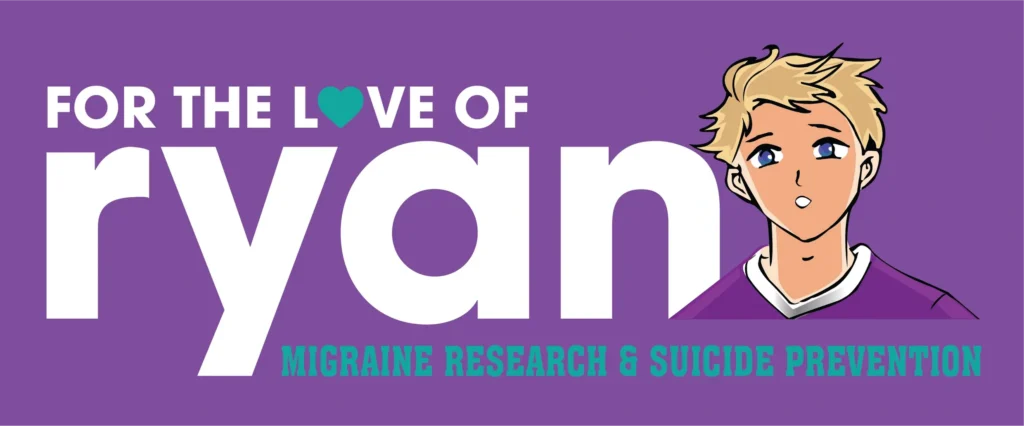While an individual’s underlying genetics may predispose them to higher risks of developing depression and suicidal behaviors, an ever-growing body of evidence reveals that gene expression patterns can be dynamically influenced by one’s unique life experiences and environmental exposures through epigenetic mechanisms. This cutting-edge area of suicide research is already yielding profound insights into potential biomarkers and prevention strategies targeting these intricate “master control switches” that shape genetic activity.
Mapping the Epigenetic Landscape
Epigenetics refers to a complex system of biological processes, such as DNA methylation and histone modifications, that act as molecular dimmer switches capable of influencing how genes are expressed across different cells, tissues and environments – all without altering the underlying genetic code itself. Several key epigenetic pathways have emerged as critical players in the manifestation of mental health conditions, suicide risk and their neurological underpinnings:
Stress Response Systems: Overwhelming adverse childhood experiences and cumulative life stressors can induce damaging epigenetic dysregulation of the hypothalamic-pituitary-adrenal (HPA) axis and related physiological systems governing the body’s stress response circuitry (Han & Nesil, 2022). These epigenetic “scars” may increase vulnerability to depression and suicidality.
Neural Plasticity Factors: Proper early brain development and the ability to forge new neural connections in adulthood requires precisely timed gene expression of neurotrophic factors like BDNF. However, this process can be disrupted by epigenetic changes induced by influences like chronic inflammation, environmental toxins, malnutrition and psychosocial adversity (Qin et al., 2022).
Serotonin Signaling: The serotonin transporter gene SLC6A4 has been shown to undergo distinct epigenetic modifications like DNA methylation patterns in tandem with exposure to adverse prenatal conditions, childhood maltreatment, substance abuse and stress – processes that could underlie propensity for depression and suicide attempts (Ouellet-Morin et al., 2013).
This nuanced interplay between environmental influences, experience-driven epigenetic reprogramming, and downstream impacts on neural circuitry, stress physiology and neurochemistry associated with suicide risk provides a holistic, integrated framework for better understanding the complex origins of these conditions.
From Biomarkers to Reversibility
One promising avenue researchers are avidly pursuing is the potential to leverage epigenetic “signatures” as biomarkers in suicide attempters and high-risk individuals. For example, a 2022 study identified distinct patterns of altered DNA methylation across over 200 genes in suicide decedents compared to controls. Such epigenetic markers could pave the way for improved screening and risk stratification tools.
But perhaps more critically, the dynamic and potentially reversible nature of epigenetic modifications opens exciting opportunities for developing novel preventive interventions that target these upstream control switches before full-blown mental health disorders manifest. Therapeutic approaches like nutritional epigenetics, mind-body practices, pharmacological interventions and even emerging CRISPR technologies that can directly edit epigenetic marks all represent important new frontiers.
What We Do
For The Love of Ryan is proud to support expanding investments into decoding the epigenetic basis of suicide, depression and related conditions. This could pave the way for personalized, precision prevention strategies rooted in the revolutionary field of molecular medicine and epigenomics. Every precious life deserves such an unwavering commitment to leveraging the latest science in service of protecting those most vulnerable in our society.









